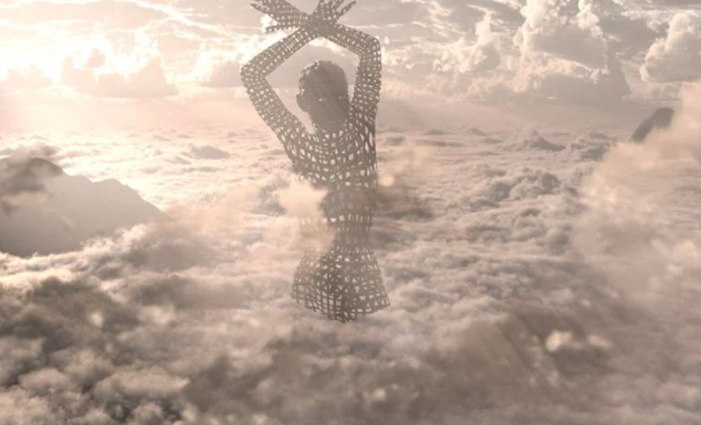|
|
Does life experience develop our human traits, or are we born with them? It’s quite fascinating that in the 21st century this question still has no conclusive answer. This debate actually goes all the way back to the ancient Greeks. Plato assumed that character and intelligence are mostly inherited and that certain ideas are also inborn. Aristotle on the other hand argued that there is nothing in the mind that does not first come from the external world through the human senses.
Seat of the Soul
During the 17th century this debate was rekindled by John Locke and René Descartes. Locke is credited with being the first person to define consciousness as “the perception of what passes in a man’s own mind.” He suggested in his 1693 book “Thoughts Concerning Education,” that a child’s mind is a tabula rasa (blank slate). Thus we are all born equal. Descartes, ill from birth, spent most of his life meditating and writing. He claimed that the body is from the material world, but the soul or mind is from the immortal world of ideas, and agreed with Plato that the mind and body are separate. In 1633, Descartes wrote about the “dualism” of mind and body. He explained that the pineal gland in the brain is the “seat of thought,” and so must be the home of the soul, because the one cannot be separated from the other.
Evolutionary Ideas
In 1807, the German philosopher George Hegel believed that our ideas and values are fashioned by the Zeitgeist, or spirit of the age, and that consciousness of self depends on the presence of the other. Later in the 19th century, Descartes’ ideas gained support from the 22-year-old naturalist student Charles Darwin, who wrote in his 1859 book “Origin of Species” that nature selects those that best enable us to survive and reproduce. Darwin explained in his theory that emotion, perception, and cognition are evolutionary adaptations.
“Other” Points of View
The debate continued throughout the 20th century. Carl Jung believed that the unconscious presents itself to the waking self through dreams, symbols and archetype images. Sigmund Freud saw the unconscious as expressing itself through motivational behavior and through accidental “slips of the tongue.” French psychiatrist Jacques Lacan believed the language of the unconscious is not of the self, but of the “other,” and that this other is everything that lies beyond the boundaries of ourselves. We define and redefine ourselves through the existence of the other. We also employ this “other” language for our innermost thoughts. The unconscious, he said, is the discourse of the other.
The Idea of Self
Our sense of self is shaped by our awareness of the “other,” or the world outside ourselves. However, it is the language of the other that forms our deepest thoughts.
An infant must learn to assemble sensations and organize them into concepts and categories in order to function. These are acquired gradually through awareness and understanding from the external world beyond the self. Therefore the language or discourse of the other must play a part. That language translates everything we see or experience, every idea and emotion through the language of the other.
This idea had a wide influence on the practice of psychoanalysis, leading to a more open and objective interpretation of the unconscious.
This report is not a diagnosis. We hope this information can guide you toward improving your life.
Review our Knowledge Base or the links displayed on this page for similar and related topics.

